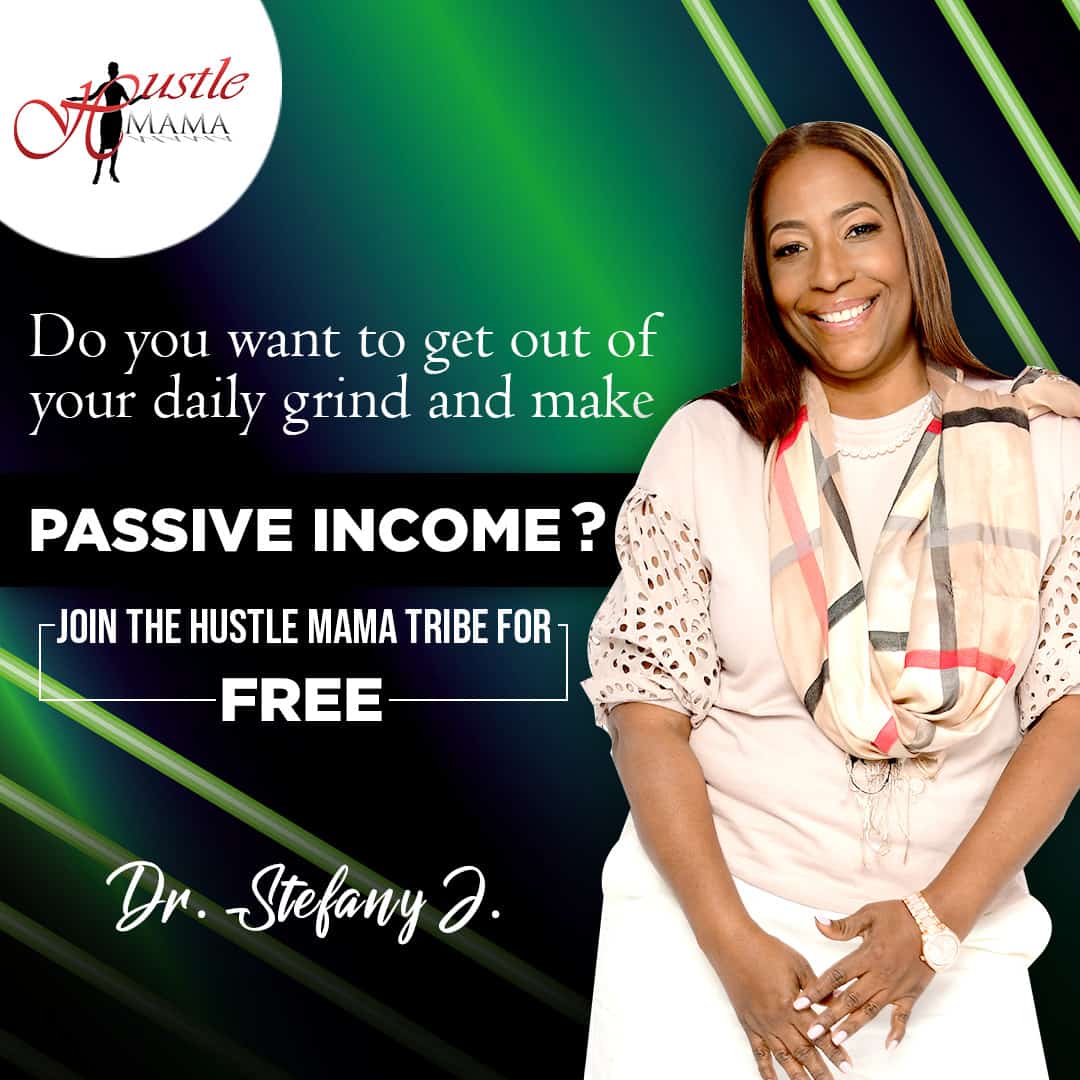The Muffled Scream: Unveiling the Silent Epidemic of Adult Bullying
In the playground, the signs of bullying are often unmistakable: the taunts, the shoves, the social exclusion. But what happens when the schoolyard taunts fade, replaced by a more insidious form of cruelty – adult bullying? This silent epidemic thrives in the shadows, leaving its victims feeling isolated, unheard, and emotionally battered.
Adult bullying can manifest in various ways, often cloaked in a facade of normalcy. It can be a colleague taking credit for your work, a supervisor making veiled threats, or a seemingly harmless “friend” who constantly criticizes and belittles you. The emotional toll, however, is anything but harmless.
Why Does Adult Bullying Remain Silent?
Unlike their younger counterparts, adults are often reluctant to speak up about bullying. Shame, fear of retaliation, and a societal expectation to “toughen up” can keep victims trapped in a cycle of silent suffering. Here are some reasons why adult bullying might go unreported:
- Fear of Losing Credibility: Adults worry that reporting bullying will make them seem weak or incapable. This fear can be particularly strong in competitive work environments.
- Fear of Losing Their Job: In some cases, the bully might be a superior, making victims fearful of potential job loss or negative performance reviews if they come forward.
- Shame and Self-Doubt: A bully’s constant barbs and negativity can erode self-confidence. Victims may start to question their judgment and abilities, leading them to believe they somehow deserve the treatment.
- The “Just Deal With It” Mentality: Society often portrays adulthood as a time of resilience, where individuals should be able to handle difficult situations independently. This expectation can discourage victims from seeking help.
- Difficulty Defining Adult Bullying: The line between assertive behavior and bullying can sometimes be blurry. Adults might hesitate to report what they perceive as minor incidents, unaware of the cumulative impact such behavior can have.
The Scars of Silent Suffering:
The consequences of adult bullying go far beyond hurt feelings. Chronic exposure to bullying can lead to:
- Anxiety and Depression: The constant stress and negativity can take a toll on mental health. Victims may experience anxiety, low self-esteem, and even depression.
- Burnout and Reduced Productivity: Being bullied at work can make it difficult to focus and complete tasks, leading to burnout and decreased productivity.
- Physical Health Issues: The stress of bullying can manifest in physical ways, such as headaches, stomachaches, and sleep problems.
- Social Isolation: Victims may withdraw from social interactions to avoid further bullying, leading to loneliness and isolation.
Breaking the Silence: Steps to Healing and Empowerment
If you find yourself caught in the crosshairs of adult bullying, know this – you are not alone. Here are some steps you can take to heal and reclaim your power:
- Acknowledge the Problem: The first step towards healing is recognizing that you’re being bullied. Don’t minimize the behavior or convince yourself it’s “not a big deal.”
- Document the Abuse: Keep a record of the bullying incidents, including dates, times, and details of what happened. This can be helpful if you decide to take formal action.
- Build Your Support System: Don’t suffer in silence. Talk to a trusted friend, family member, therapist, or HR representative. Having a support system can provide emotional strength and guidance.
- Set Boundaries: Learn to say “no” and establish clear boundaries with the bully. Limit interactions, and don’t be afraid to walk away from a situation that feels uncomfortable.
- Focus on Self-Care: Prioritize your well-being. Engage in activities that bring you joy and help you manage stress. This could be exercise, spending time in nature, or pursuing hobbies.
- Empower Yourself: Remember, you are worthy of respect. Don’t let the bully define your worth. Focus on your strengths and accomplishments to rebuild your confidence.
Creating a Culture of Respect: How Can We Help?
Adult bullying is a societal issue that requires a collective effort to address. Here’s what we can do:
- Raise Awareness: Talking openly about adult bullying helps to break the stigma and encourage victims to come forward.
- Promote Respectful Workplaces: Organizations can implement policies against bullying and harassment and foster a culture of open communication and respect.
- Encourage Bystander Intervention: Witnessing bullying? Don’t be a silent observer. Speak up or offer support to the victim.
- Practice Empathy and Compassion: Let’s create a world where kindness and respect are the cornerstones of our interactions.
The Final Word: Hope and Healing
Adult bullying can leave deep wounds, but it doesn’t have to define your future. By acknowledging the issue, seeking support, and prioritizing your well-being, you can reclaim your power and pave the way for healing. Here are some additional thoughts to offer hope:
- You Are Not Broken: Being bullied doesn’t diminish your worth. The bully’s behavior reflects their insecurities, not a flaw in you.
- Healing Takes Time: Recovery from bullying is a journey, not a destination. Be patient with yourself, celebrate your progress, and don’t be discouraged by setbacks.
- The Power of Forgiveness: While forgiving the bully isn’t necessary for healing, releasing the anger and resentment can empower you to move on.
- Find Your Voice: Share your story. You might inspire others to speak up and break the cycle of silence.
Remember, you are stronger than you think. By breaking the silence and seeking support, you can heal yourself and inspire others to do the same. Together, we can create a world where respect and compassion prevail, leaving the silent epidemic of adult bullying a relic of the past.
Let’s keep the conversation going. Share your thoughts and experiences in the comments below. Have you witnessed or experienced adult bullying? What resources would you find helpful? We can build a kinder, more respectful future by sharing our stories and supporting each other.







